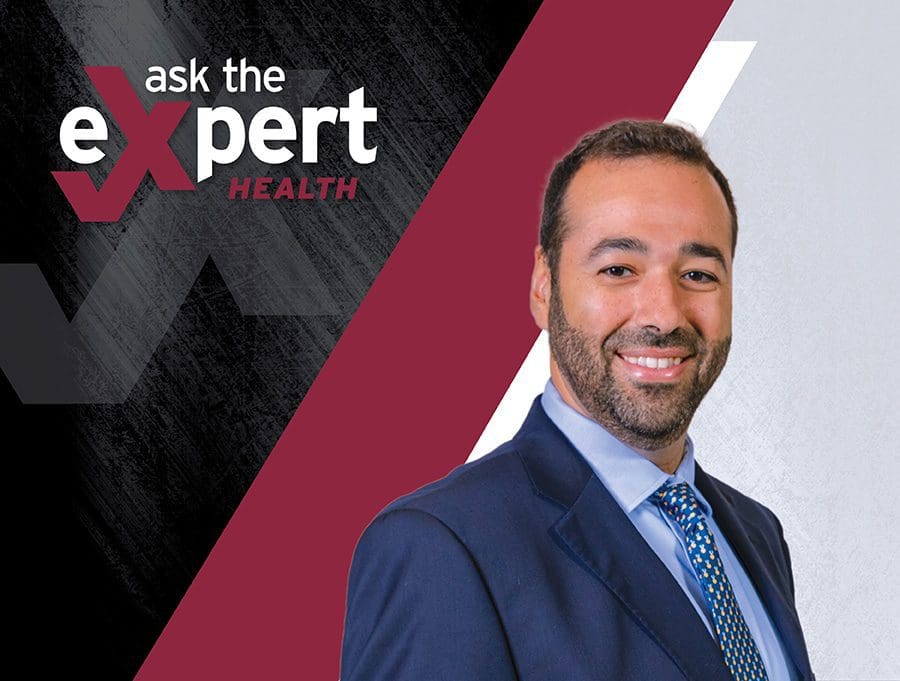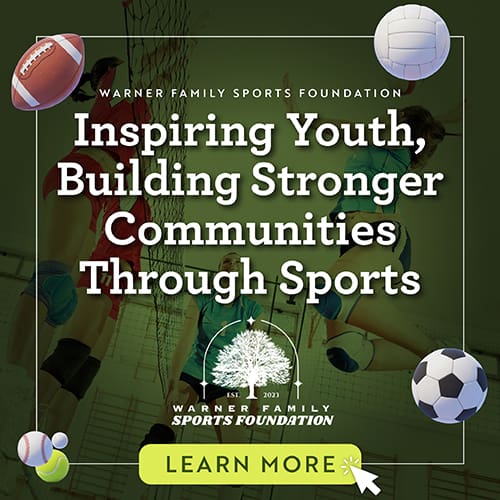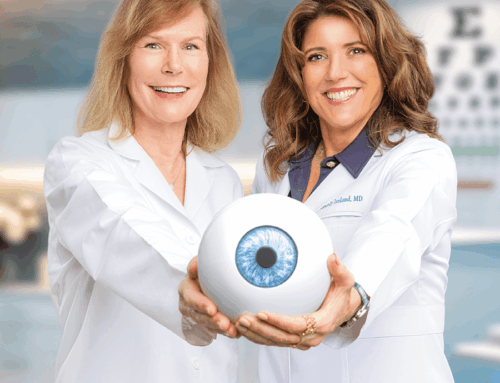
By Akers Editorial
Ask The Expert: Brain Health

Dr. Mohammed Elamir, Head Physician at Aviv Clinics
Q: What can I do if I’m not getting better after a concussion?
A: A concussion is a set of symptoms resulting from injury to the brain.
Whenever there’s an injury to the brain that causes a concussion, it’s a result of two things. The first is acute trauma to the brain. If you hit your head, some cells are injured and some die. The second is sheer force trauma to blood vessels that connect throughout the brain. That causes long-term symptoms for weeks, months, or years after the injury.
Symptoms can run the gamut, and vary from person to person.
Eighty percent of concussions last about two weeks.
Some may suffer from post-concussion syndrome that can last for months. Others can have persistent post-concussion syndrome, which lasts over a year.
At Aviv Clinics, our philosophy is that we must properly assess the cause of somebody’s symptoms before we can treat them. That assessment involves three days of testing with several types of scans, one which is a specialized MRI that visualizes the structural changes in blood vessels. Concussion patients will also undergo a SPECT scan, which measures metabolic changes in the brain as a result of injury. Once we obtain imaging, we tie that in with a neurocognitive evaluation, a physical and cardiovascular performance assessment, and a medical evaluation.
Between the testing and thorough evaluations, we can pinpoint the specific cause of a concussion patient’s symptoms and develop a unique treatment program that’s right for them.

Treatment can include hyperbaric oxygen therapy (HBOT) for two hours a day, five days a week for 12 weeks. This stimulates stem cell growth, which can replace the damaged cells from the concussion. This treatment also helps grow new blood vessels to help blood flow throughout the brain. Patients will have appointments with physicians to help their specific symptoms, such as neurocognitive training to boost mental performance or physical therapy to help with strength and stability. At the end of the treatment, we repeat the full assessment to objectively measure improvements in brain and body performance and show our clients
their results.








































